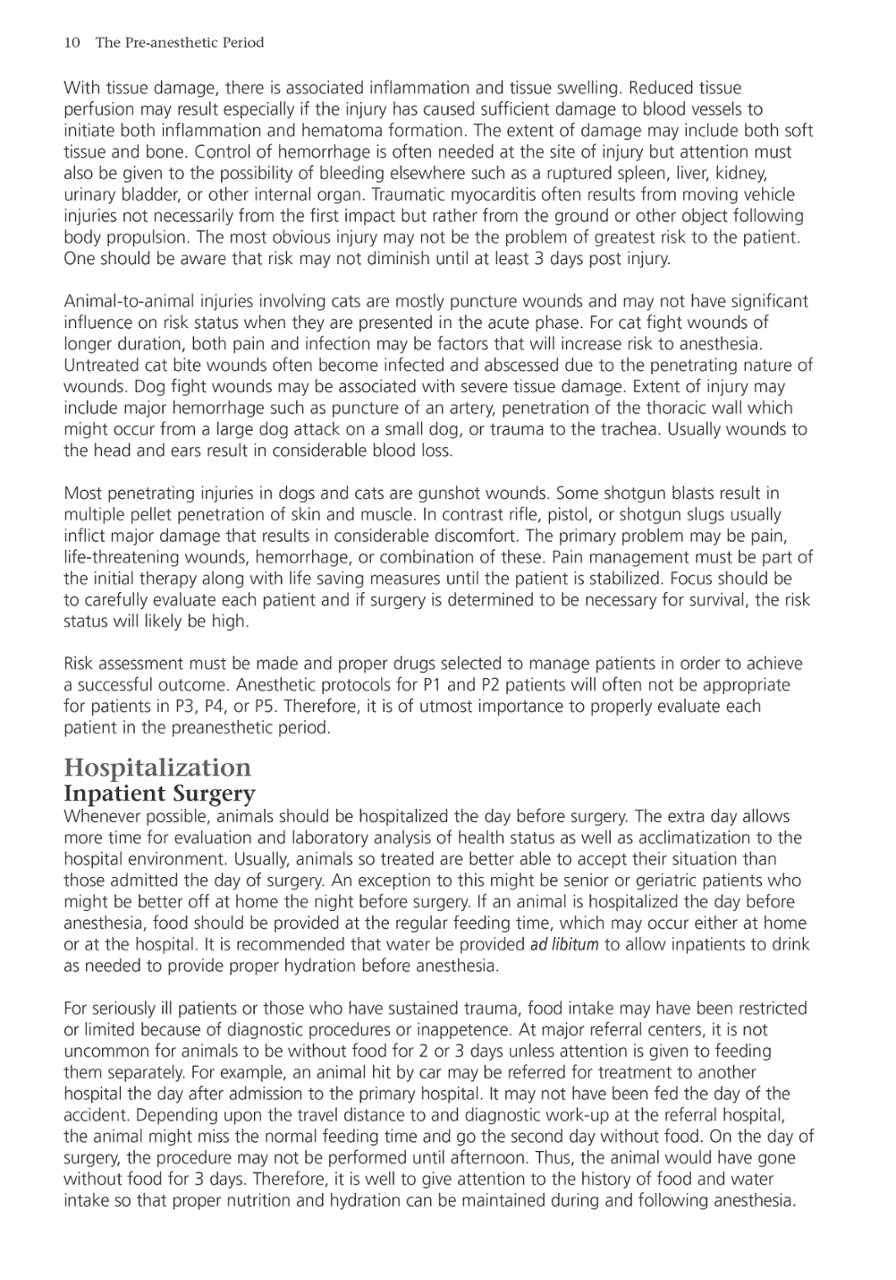PETA Mistreatment of Animals: Unveiling the Controversies Surrounding Animal Rights Advocacy
The topic of PETA mistreatment of animals has sparked intense debates and discussions across various platforms. The People for the Ethical Treatment of Anim……
The topic of PETA mistreatment of animals has sparked intense debates and discussions across various platforms. The People for the Ethical Treatment of Animals (PETA) has long been a prominent organization in the animal rights movement, advocating for the humane treatment of animals and raising awareness about animal cruelty. However, their methods and practices have come under scrutiny, leading to accusations of PETA mistreatment of animals from critics and former supporters alike.
One of the most contentious issues surrounding PETA mistreatment of animals is the organization's approach to euthanasia. While PETA argues that euthanasia is a compassionate choice for animals that are suffering or cannot find homes, critics contend that the number of animals euthanized by the organization is alarmingly high. Reports indicate that PETA has euthanized thousands of animals each year, which raises ethical questions about their commitment to animal welfare. Supporters argue that the organization focuses on the greater good, prioritizing the suffering of individual animals over the collective needs of the animal population.

Furthermore, the PETA mistreatment of animals narrative extends beyond euthanasia. The organization has faced backlash for its provocative campaigns that often feature graphic imagery and shocking slogans. While these campaigns are designed to grab attention and provoke thought, many argue that they can be counterproductive, alienating potential allies in the animal rights movement. Critics assert that such tactics can lead to a desensitization to animal suffering rather than fostering empathy and understanding.
In addition to the controversies surrounding their campaigns, PETA has also been accused of questionable practices in their rescue operations. Some former employees and volunteers have alleged that the organization has mismanaged resources and failed to provide adequate care for rescued animals. These allegations have fueled the narrative of PETA mistreatment of animals, leading to calls for greater transparency and accountability within the organization.

Despite these criticisms, it is essential to recognize the positive impact that PETA has had on animal rights advocacy. The organization has played a significant role in raising awareness about animal cruelty in various industries, including factory farming, animal testing, and entertainment. Their efforts have led to significant changes in legislation and public perception regarding animal welfare. However, the ongoing debate about PETA mistreatment of animals highlights the complexities of the animal rights movement and the need for a balanced approach to advocacy.
In conclusion, the issue of PETA mistreatment of animals is multifaceted and continues to evolve as the organization navigates its role in the animal rights movement. While PETA has undoubtedly raised awareness and sparked important conversations about animal welfare, the criticisms it faces cannot be ignored. As advocates for animal rights, it is crucial to engage in constructive dialogue and consider the various perspectives surrounding this contentious topic. By doing so, we can work towards a more compassionate and effective approach to protecting the rights and welfare of animals everywhere.
